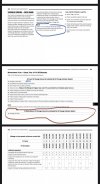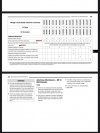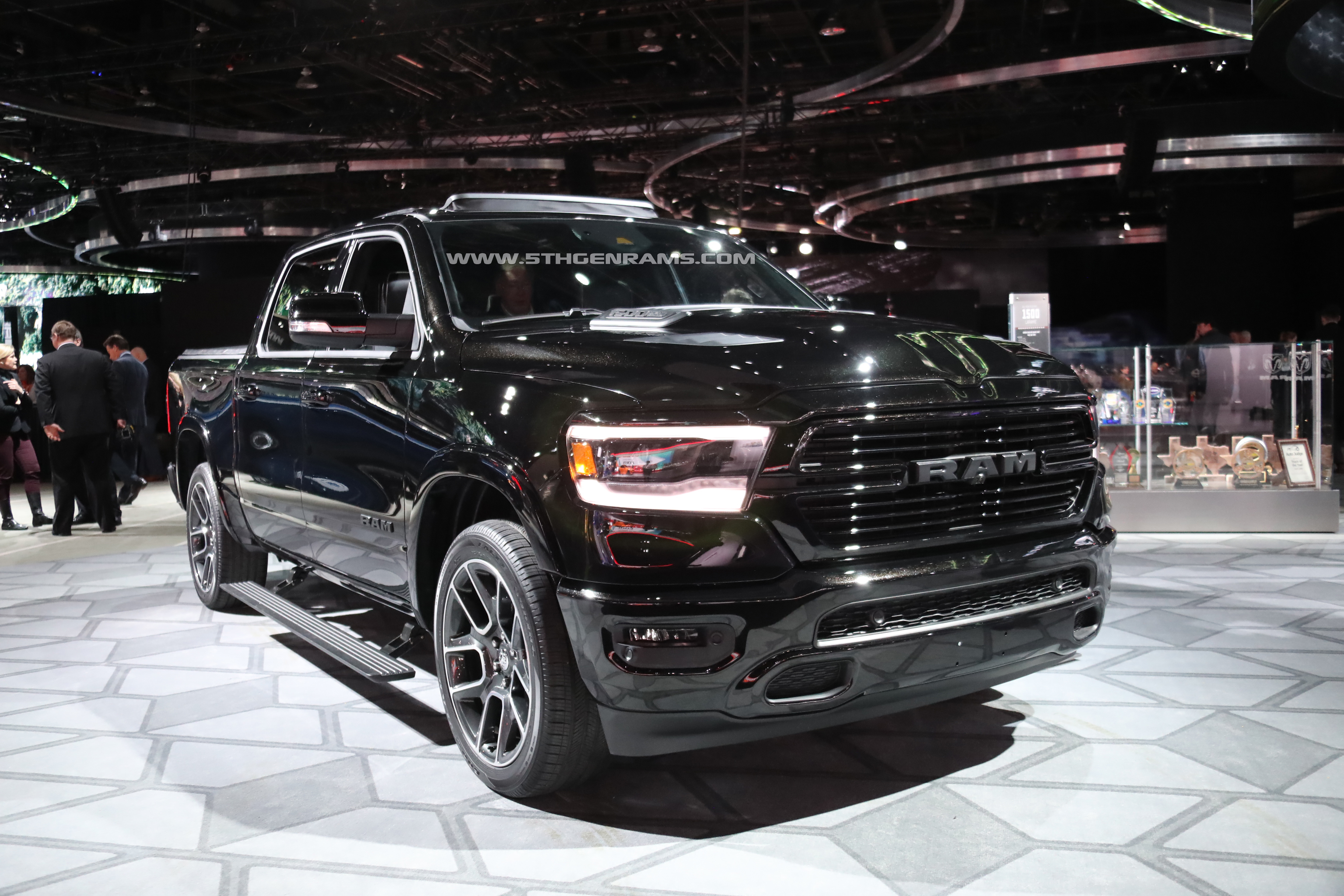This truck is my first with the Diesel engine and my wife and I are six months away from my retirement, and like you we plan on touring North America while towing a small travel trailer. This is my everyday truck and I only tow maybe 5% of the time, so many people say that diesels are only good for towing, I disagree, the low end torque is impressive, it moves the truck effortlessly at such low rpm, making it very fuel efficient, in town, on the highway and while towing. I do not miss my older truck with the gas engine (5.7 Hemi) specially in the winter, idle time for warm up sucked the gas and the mpg also tanked in the winter.
At the fuel pump there is only one choice, diesel, not like gas, you have to decide whether to use 87, 89 or 91 octane, 89 is recommended for the Hemi.
By comparison, I had a small 2017 Hyundai Accent for a daily driver and it required oil changes every 5,000 km at $80 (regular oil not synthetic oil), so 3 oil changes while my truck gets one oil change at every 15,000km, so at the dealer the truck for one oil change was $243 and at the dealer for the car for three oil changes was $240 and it would have been a lot more if I were to put synthetic. I realize the if the oil changes were done by myself the oil changes would be substantially cheaper for the car but like you I am getting older and I let someone else do it.
The DEF usage is very minimal, around 1,200 mpg.
This Rebel is my retirement truck and I spoiled myself by adding $18,000 worth of options, the Diesel engine is the only option that actually payed for itself in one year of ownership. There was a $2,500 rebate here in Canada for the Diesel engine option, the Diesel option without rebate was $3,900 so my cost was only $1,400.
I sincerely hope you get to like your Diesel truck.














